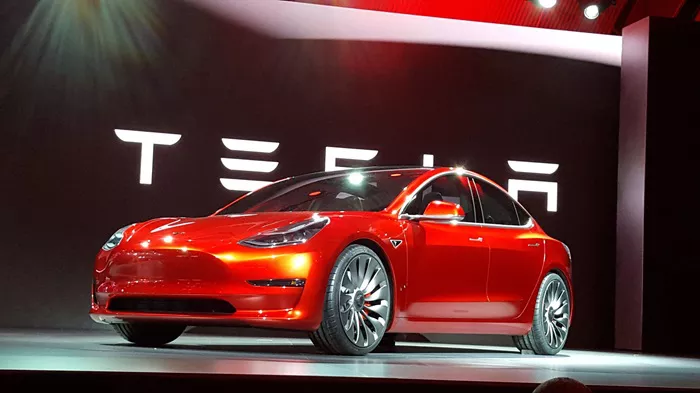Recently, Donald Trump endorsed Elon Musk’s proposal for a government efficiency commission, suggesting that an audit could uncover trillions in savings without reducing the quality of current services. Despite Trump’s continued promotion of this idea, critics argue that the projected savings may be unrealistic, given the limited evidence of widespread fraud in federal spending.
Trump has praised Musk as a model for efficiency, citing Musk’s layoffs at social media company X (formerly Twitter) as evidence of effective cost-cutting. However, neither Trump nor Musk have specified which areas they would target for cuts, and past efforts to address “waste, fraud, and abuse” in government have often led to limited results.
Former Secretary of Labor Robert Reich, a vocal critic of both Trump and Musk, dismissed the proposal as impractical. Reich highlighted that approximately half of the $6 trillion in annual federal spending is allocated to Social Security, Medicare, and Medicaid, programs that offer little flexibility for cuts without reducing benefits. He described the proposal as a “quarter-baked idea,” arguing that substantial reductions in these programs would be necessary to achieve the savings Trump and Musk are suggesting.
Further concerns have been raised by Democrats, who fear that the proposal could lead to cuts in essential social safety net programs. Musk has previously criticized the sustainability of such programs, leading some to believe that cuts to Social Security and Medicare could be on the table. Alex Lawson of Social Security Works criticized the proposal as a misleading effort, suggesting that if the plan were explicitly framed as a threat to Social Security and Medicare benefits, it would face widespread opposition.
The potential appointment of Musk to lead this commission also raises conflict-of-interest concerns. Critics argue that Musk could influence federal regulations affecting his companies and push for changes that impact millions of Americans. As the election approaches, this proposal is expected to remain a contentious issue.
Despite the criticism, some supporters, including the Wall Street Journal editorial board, view the proposal favorably. They argue that addressing government inefficiencies and reducing waste could be beneficial, even if it means including popular programs like Social Security in the mix. The editorial board noted that with Social Security facing potential insolvency by 2033, addressing spending reform will likely become unavoidable for future administrations.


